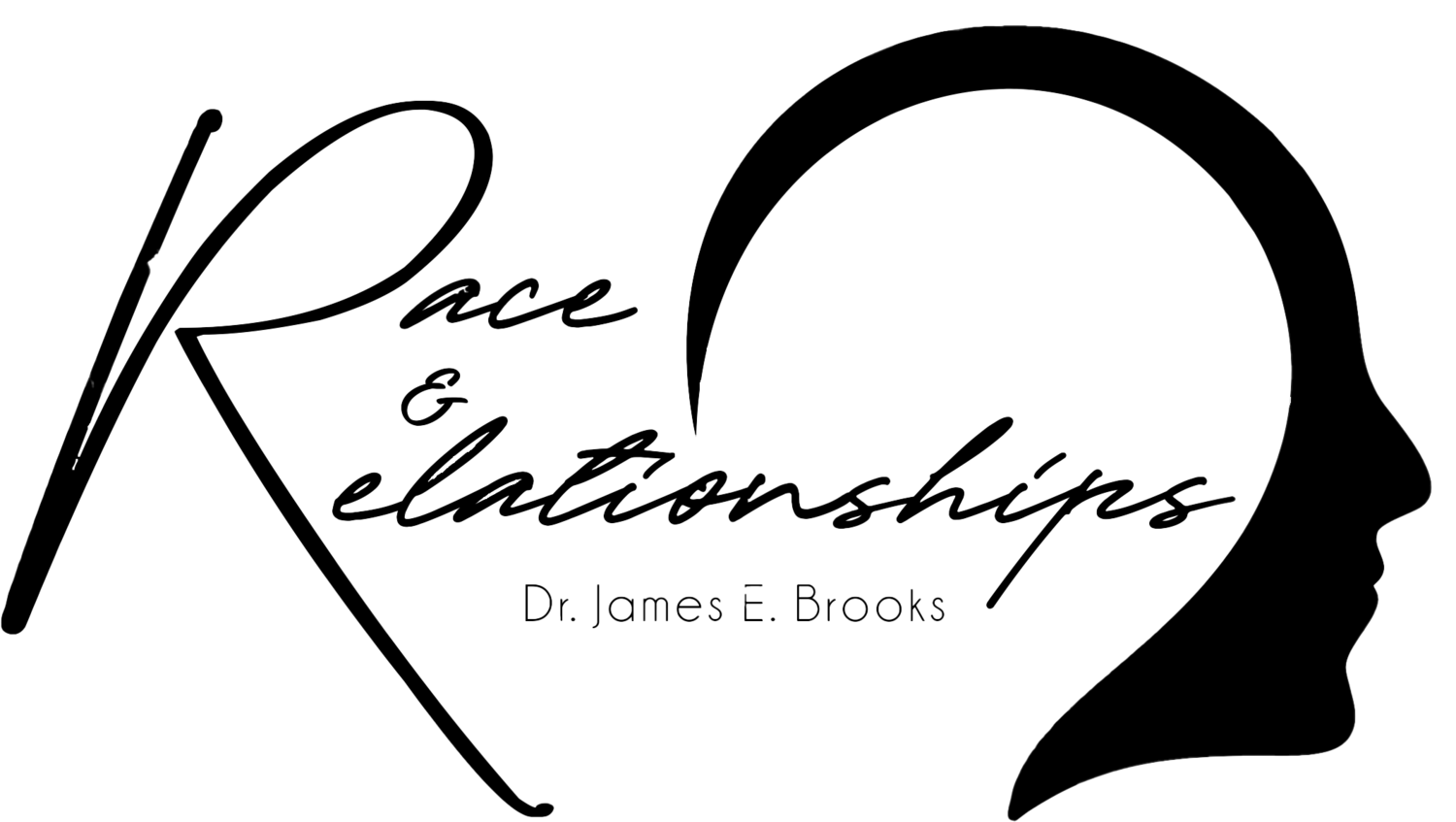Cultivating Relationship Growth: The Power of Self-Expansion in Intercultural Couples
What is the issue?
Intercultural relationships, relationships where each partner identifies with a different culture, have become more common alongside interracial relationships. Intercultural relationships have an added layer of difficulty compared to same race relationships and interracial relationships because each partner may not share the same cultural values and upbringings. Moreover, there is limited research around intercultural relationships and the research that is related is mostly centered around the difficulties and challenges that are faced in these relationships.
What is the purpose of this investigation?
Through three studies West and colleagues wanted to understand how sharing cultural experiences and norms with your partner leads to opportunities of self-expansion, which is personal growth through new experiences like reading a book or taking on a new hobby. In this study, there are two types of self-expansion that were the focus, cultural self-expansion (self-expanding through cultural differences) and relational self-expansion (self-expansion through involvement in relationships). Additionally, the researchers investigated how cultural sharing (sharing of experiences and discussions of your culture to your partner), creates opportunities for relational and cultural self-expansion. For this post we will only be focusing on self-expansion within the first study.
What were the results?
West et al., found that people in intercultural relationships who reported high levels of relational self-expansion also reported better relationship quality and lower levels of conflict. On the flip side, couples who reported engaging in more cultural self-expansion reported more conflict within the relationship but there was no link to relationship quality. However, there was a positive link of greater cultural self-awareness for couples who engaged in cultural self-expansion. All together, both relational and cultural self-expansion forecasted greater couple-cultural identity integration for intercultural relationships.
Regarding cultural sharing, intercultural couples who participated in greater cultural sharing while also showing high levels of relational self-expansion (i.e., I share my culture with my partner and I see my relationship as an extension of myself) predicted less conflict and greater relationship quality. Additionally, cultural sharing through the engagement of cultural self-expansion predicted more conflict in the relationships but ultimately created more cultural self-awareness for partners.
What are the implications?
While cultural sharing may at first create conflict within an intercultural relationship it is important to share at the beginning of a relationship because through this study it is found that overall relationship quality is better and less conflict arises. Additionally, cultural sharing is important because it cultivates relational and cultural self-expansion. Overall, this allows each partner to work through cultural differences, grow and learn together, and understand their own cultural identities which ultimately increases the longevity of the relationship.
Having discussed these ideas there are a couple of important ideas to keep in mind with this study. The first being, cultural sharing and self-expansion created the biggest relationship changes for couples who were in the early stages of an intercultural relationship. The second idea is in regard to race, white partners in intercultural relationships did not report a positive association with cultural self-expansion and relationship quality. They also reported more conflict within their relationship when engaging in cultural self-expansion. Lastly, for the partners of color, they reported a strong association between cultural sharing and relational and cultural self-expansion.
